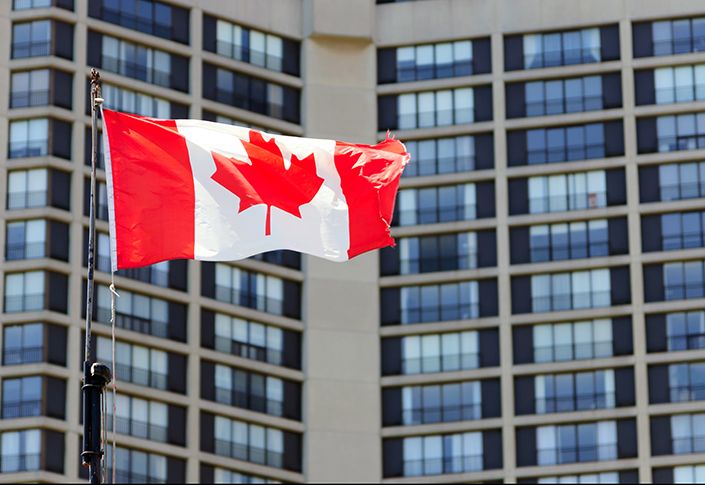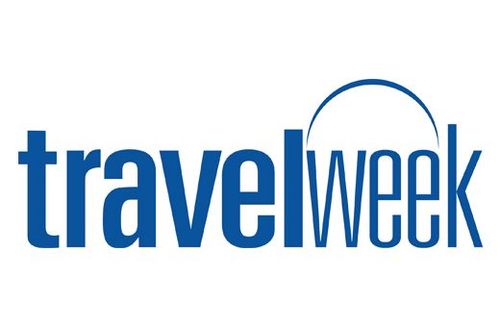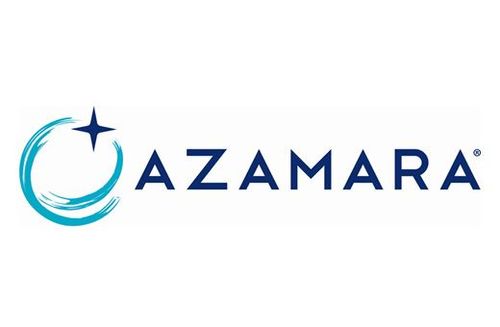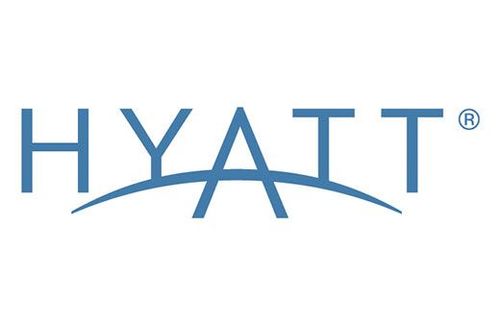Where travel agents earn, learn and save!
News / Federal government extends 14-day quarantine and travel restrictions
Mandatory Isolation Order and temporary travel restrictions extended to November 30

November 2 - The 14-day mandatory quarantine is still with us for another month at least, as the federal government announced today that it will extend its Mandatory Isolation Order and temporary travel restrictions, to November 30.
The order was scheduled to expire tomorrow, October 31, but it’s already been extended several times since the start of the COVID-19 pandemic in mid-March.
“Our duty as a government is to protect the people of Canada and we are following the best public health guidance to make decisions regarding temporary travel restrictions, including extending the temporary border restrictions for both U.S. and international travellers,” said Bill Blair, Minister of Public Safety and Emergency Preparedness.
Small changes to the order were also announced today, namely for four remote communities in Canada and the U.S., and also exemptions in light of the new rapid COVID-19 testing pilot project now underway at Calgary Airport.
Effective October 31, residents of Campobello Island, NB; Stewart, B.C.; Northwest Angle, MN; and Hyder, AK will be exempt from mandatory 14-day quarantine only to access the necessities of life (e.g., food, medical services) from the nearest Canadian or American community.
In addition, students from Canada and the U.S. who regularly cross the border to attend school, along with one driver, and children who are subject to shared custody arrangements, along with one parent, are exempt from mandatory 14-day quarantine. The new provisions to ease pressures related to cross-border students are conditional upon support from provincial and local public health authorities.
Blair added: “The limited and practical changes will continue to protect Canadians’ health and safety while removing hardships for children and for residents in remote communities impacted by the border restrictions.”
In addition, the government is allowing limited exemptions to mandatory quarantine to enable COVID-testing pilot projects, in coordination with provincial authorities. Blair says the Canadian government will continue to monitor international alternatives to quarantine closely and will review the evolving science, including the role and timing of COVID-19 testing, in determining any changes to Canada’s current border measures.
Last week a new pilot project for rapid COVID-19 testing at Calgary Airport was trumpeted as a first step in shortening and hopefully one day soon eliminating the 14-day quarantine, with more Canadian airports almost certainly taking part in the near future. As long as passengers get a negative result within 48 hours, they just have to go back for a re-test in 6 – 7 days, while still remaining in quarantine until the second test. Canadian travellers returning from international destinations can follow the same protocol with the voluntary tests, but cannot travel outside Alberta for 14 days.
There are some exemptions to the travel restrictions, including immediate and extended family members of Canadian citizens and permanent residents. On October 31, 2020, these exemptions will be expanded to include immediate and extended family members of persons registered under the Indian Act.
Otherwise the Mandatory Isolation Order and temporary travel restrictions have been extended for all non-US travellers, unless their travel is for non-discretionary reasons, to November 30, 2020.
Blair says the federal government also intends to implement new mandatory requirements for the electronic submission of information through the ArriveCAN app or website.
The ArriveCAN app was created as a secure and user-friendly alternative to the paper contact form to help travellers comply with these border measures. This will allow traveller information to be shared quickly and securely with provinces and territories to facilitate contacting travellers for public health follow-up. It will also facilitate compliance verification by law enforcement. These new requirements will come into effect on November 21, and more information will be shared in the coming days. Exceptions will be made for those who are unable to submit documents electronically due to personal circumstances.
“Canadians have made sacrifices to respond to this new virus, and our government will continue to rely on evidence and data to protect them. The changes confirmed today will help those in remote and cross-border communities while still protecting Canadians from the public health risk posed by COVID-19,” said Patty Hajdu, Minister of Health.
More Travel News:
St. Kitts and Nevis are open for business!
New international code to provide greater legal protection for Tourists
CTO statement for Caribbean Tourism Month 2020, theme: The Caribbean Awaits
Machu Picchu reopens after eight-month Covid closure










